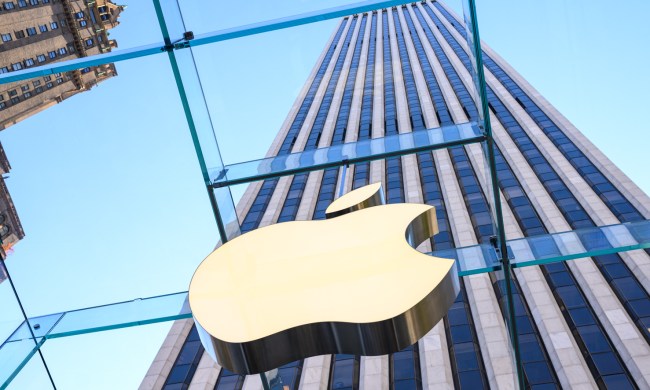
With such damaging publicity periodically swirling around the service, perhaps it’s little wonder that Uber is looking to one day run its operation without drivers. That’s right, the San Francisco-based ride-hailing service appears to be investing heavily in developing its own driverless vehicles, meaning its paying passengers may one day have to make do with silent rides when they jump into their Uber car (though they could always stick on some music, of course).
Uber announced its driverless car project back in February when it revealed it’d partnered with Carnegie Mellon University (CMU) in Pittsburgh to create the Uber Advanced Technologies Center.
Evidently keen to press ahead with its bold project, the company has recently posted a bunch of job openings for experts in robotics, machine learning, traffic simulation, vehicle testing, and software and hardware development.
Spotted by PC World, the 19 job ads were posted on Uber’s website on Monday, with several openings offering multiple positions.
It’s well known that Google, as well as a slew of major car makers, have for some time been developing driverless car technology, but Uber now wants a piece of the pie as the ambitious company seeks to “advance Uber’s mission of bringing safe, reliable transportation to everyone, everywhere,” as it said when it announced its partnership with CMU. Of course, launching driverless cars would save the company a significant amount of money in wage costs, too.
Although the day when an empty Uber car rolls up outside your home may be many years away – if it ever happens at all – the fact that the company is apparently investing a pile of cash in researching such a vehicle demonstrates just how seriously it’s taking the idea. As PC World points out, while the company might not actually be expected to build cars of its own, it could one day strike a deal with a car maker to utilize the technology if it meant it could reach its goal more quickly.


